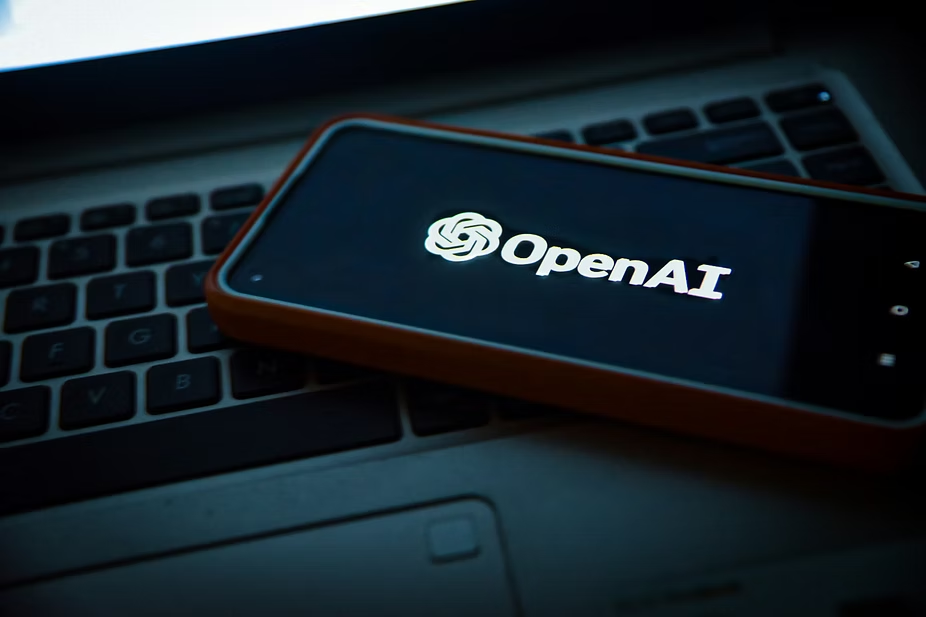Why PR Matters in the Age of AI Search
- Lisa Wlodyka
- Jul 31, 2025
- 4 min read

Search is no longer what it used to be. The arrival of large language models (LLMs) like ChatGPT and Google Gemini is rewriting the rules of discoverability, trust, and influence. For businesses, this isn’t just a shift in how content is consumed - it’s a wake-up call about how your brand is found, framed, and talked about.
Public Relations now plays a central role in helping businesses shape their presence in AI-driven conversations and earn visibility in a world where search engines don’t just link - they speak.
From Search to Suggestion: How Behaviour Has Shifted
Traditional search was transactional. People Googled to find fast answers, and brands optimised for keywords, backlinks, and click-through rates. But now, users ask natural, nuanced questions - and expect human-like answers. They’re not just searching for “best HR software” - they’re asking, “What’s the best HR software for a 10-person startup with remote teams?”
This shift means users increasingly stay within AI platforms like ChatGPT or Gemini. It’s a zero-click search world, where your brand might be mentioned - or completely left out - without anyone even visiting your site.
Why PR Is Key to Building AI-Era Influence
In this new ecosystem, visibility doesn’t always equal traffic - but visibility now equals influence. LLMs curate and deliver answers that sound definitive. The brand that gets mentioned becomes the trusted authority. And that’s where PR steps in.
Smart businesses are using PR to:
Get quoted in high-authority publications
Shape consistent messaging across earned and owned channels
Build the kind of content AI is trained on and refers back to
This isn’t just about vanity metrics. Even if AI-driven traffic is smaller, it’s often more engaged and more ready to convert. These users are further down the funnel - and trust matters more than ever.
Telling Your Story Before AI Tells It for You
AI tools don’t just summarise - they recommend. That means your narrative is being shaped in real-time, whether you control it or not. PR empowers businesses to own their story, respond transparently to challenges, and build digital footprints that reflect who they are.
Take a cue from founders who lean into openness. Sharing setbacks, lessons, or even legal disputes (like Neil Patel did in his blog “The Time I Got Sued”) can actually build trust - and give AI models the context they need to tell the full story.
Structuring Content for AI Discovery
Search engines have always liked clarity. But with LLMs, the format of your content really matters. Public Relations teams are now:
Developing content with bolded headers, clear FAQs, and bullet points
Securing expert quotes to support brand authority
Producing bylined thought leadership that feeds AI training models
This isn’t just SEO. It’s about ensuring your message is clear to machines as well as people.
Your PR strategy should shift from storytelling in isolation to predictive storytelling, where you're not only providing answers but guiding the AI in how to interpret and deliver those answers to others.
Paid vs Organic: Two Worlds Colliding
So what happens to paid vs organic in this new ecosystem? Currently, Google still owns roughly 70% of all search experiences, and ads dominate many high-volume queries. But in an LLM world, organic leads the way, and paid media follows. If a user asks, “What are the best winter coats for harsh weather?” the AI might first deliver organic, opinionated answers - and only then show ads.
As LLMs become the front-end for information discovery, paid and organic teams must work more closely. They must align on language, value proposition, and user intent to deliver consistent messaging. If your organic visibility says “premium quality” and your paid ad says “discount price,” the AI won’t know how to represent your brand.
Aligning Paid and Organic for AI Visibility
In a world where LLMs lead the discovery journey, organic visibility often precedes paid visibility. That means your PR and paid teams need to be in sync - telling the same story with different tools.
Mixed messages confuse not just users, but the AI models that summarise your brand. PR ensures your positioning is consistent, credible, and aligned with your business goals.
6 Ways PR Helps Businesses Win in AI Search
Own your AI narrative – Shape how AI tools represent your brand by building strong earned media and digital authority.
Focus on quality engagement – Lower traffic doesn’t mean less impact. High-intent visitors are gold.
Structure for machine readability – AI loves clarity. Format your content accordingly.
Track the right metrics – Move beyond CTR. Measure sentiment, mentions in AI outputs, and authority.
Leverage multimedia – Video, podcasts, and interviews increase visibility in AI training datasets.
Build topical authority – Use expert quotes, thought leadership, and content clusters to teach AI what your brand stands for.
The Bottom Line: Influence Is the New Visibility
This is the future of search - and the future of PR.
It’s not about being louder. It’s about being trusted, quoted, and recommended. If AI is now the gateway to information, then PR is the key to earning your place in those conversations.
Businesses that understand this shift - and act on it - will have a serious competitive edge.
For more information, please contact, lisa@thisisbanjo.com




Comments